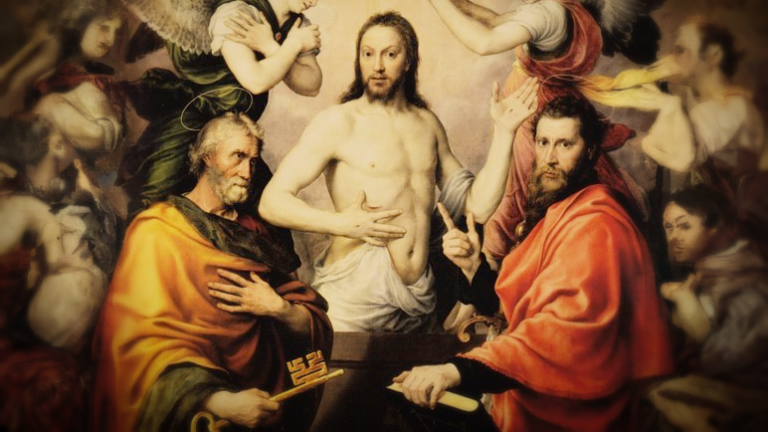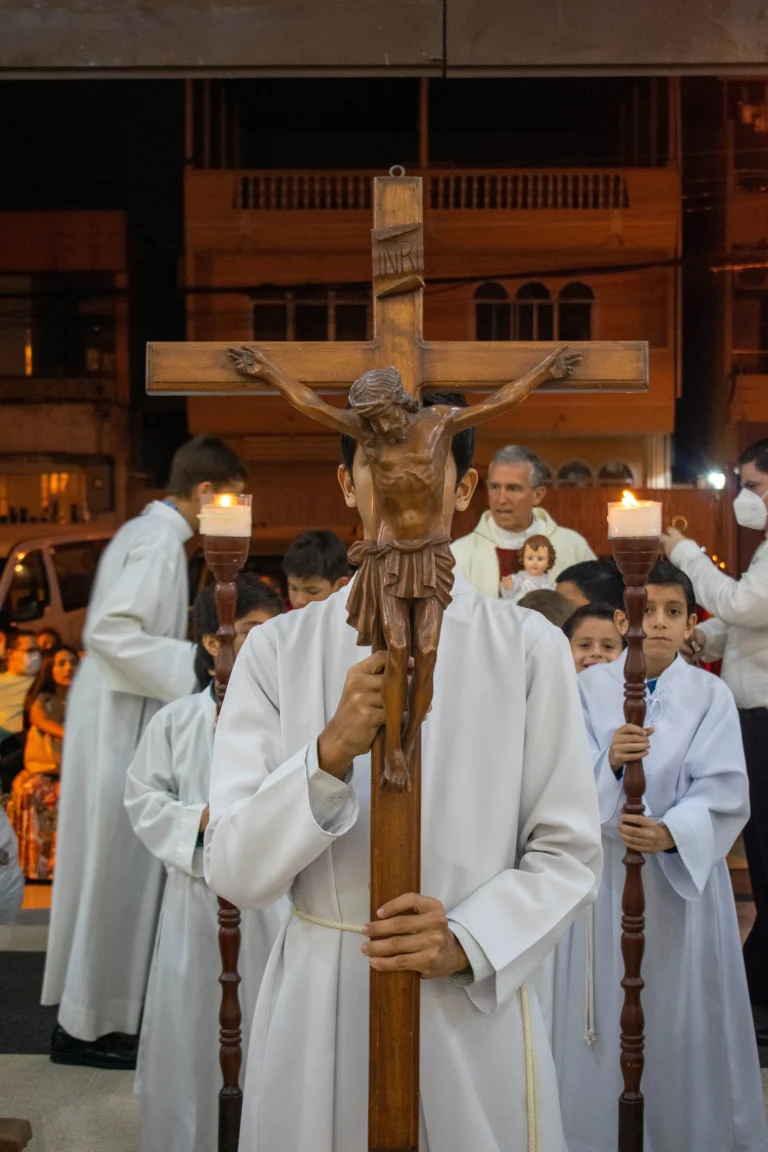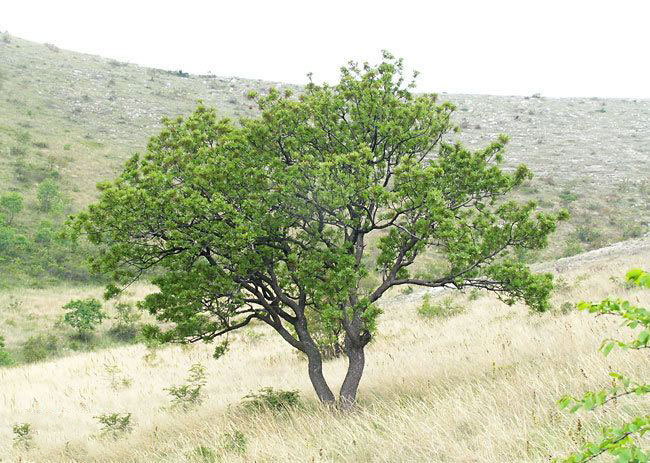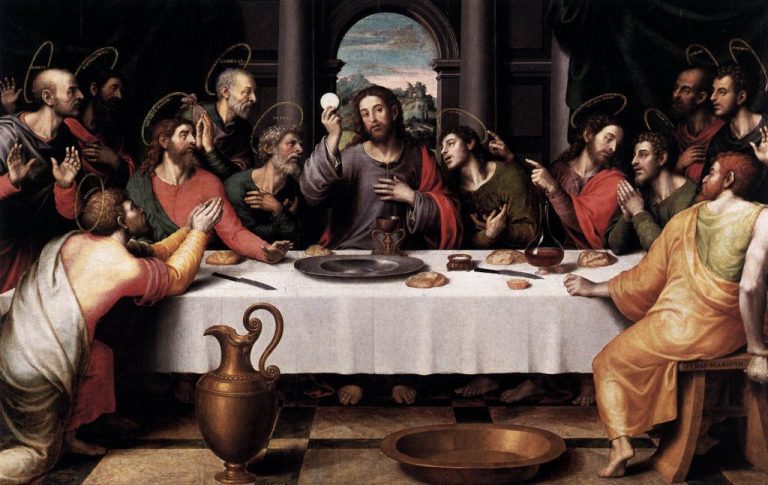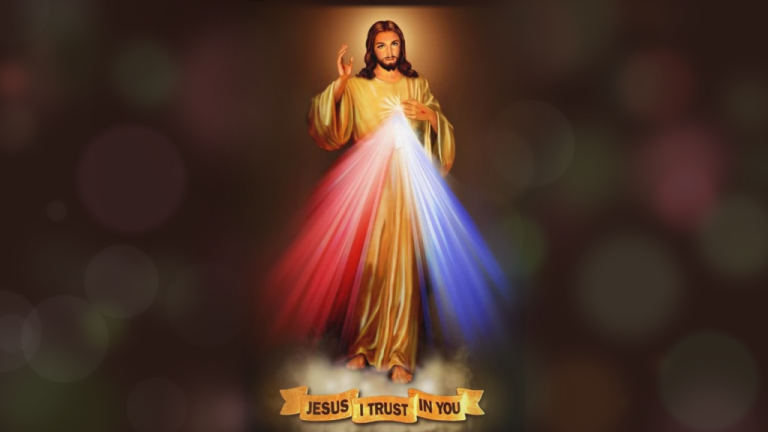Dorothy Sayers in The Other Six Deadly Sins:
“(Sloth) is the accomplice of the other sins and their worst punishment. It is the sin which believes in nothing, cares for nothing, seeks to know nothing, interferes with nothing, enjoys nothing, loves nothing, hates nothing, finds purpose in nothing, lives for nothing, and only remains alive because there is nothing it would die for. We have known it far too well for many years. The only thing perhaps that we have not known about it is that it is mortal sin.”
Some might disagree with Sayers in one detail. When she says “(sloth) loves nothing, hates nothing”, she may, in fact, be ignoring that the viruses under the direction of Demon Sloth have, as their less-than-sacred duty, both the hatred and corruption of everything, especially any decent human aspiration. They want to grind all that is good away to nothingness. Therefore, the evil spirits of Sloth hate everything, except entropy, and they even hate that because it doesn’t go fast enough.
There are two forms of death. The quick form, that we all have to think about, is coming soon enough. There’s another, slower, insidious death by erosion. Quick death only affects our soul, mind, and body for the instant between death and initial judgment. Death by erosion just wears us away, day by day. The demons of sloth love both kinds of death, but prefer to let life erode slowly so that judgment is sure to be more unfavorable.
At judgment, are we allowed to argue for ourselves, as Jacob did, fighting with the angel? Can we say, “It’s not my fault that the viruses corrupted my processing so badly that I couldn’t think straight?”
If we say that, will the Judge even bother to reply, “I have judged thirty billion souls. 310,386,002 of them had your exact mental capability, had the same amount of stress and temptations, and they were able to obey My Operating Instructions. How can you expect to be rewarded as they were when you chose not to resist the viruses whose job is to lead you where you wanted to go?”



